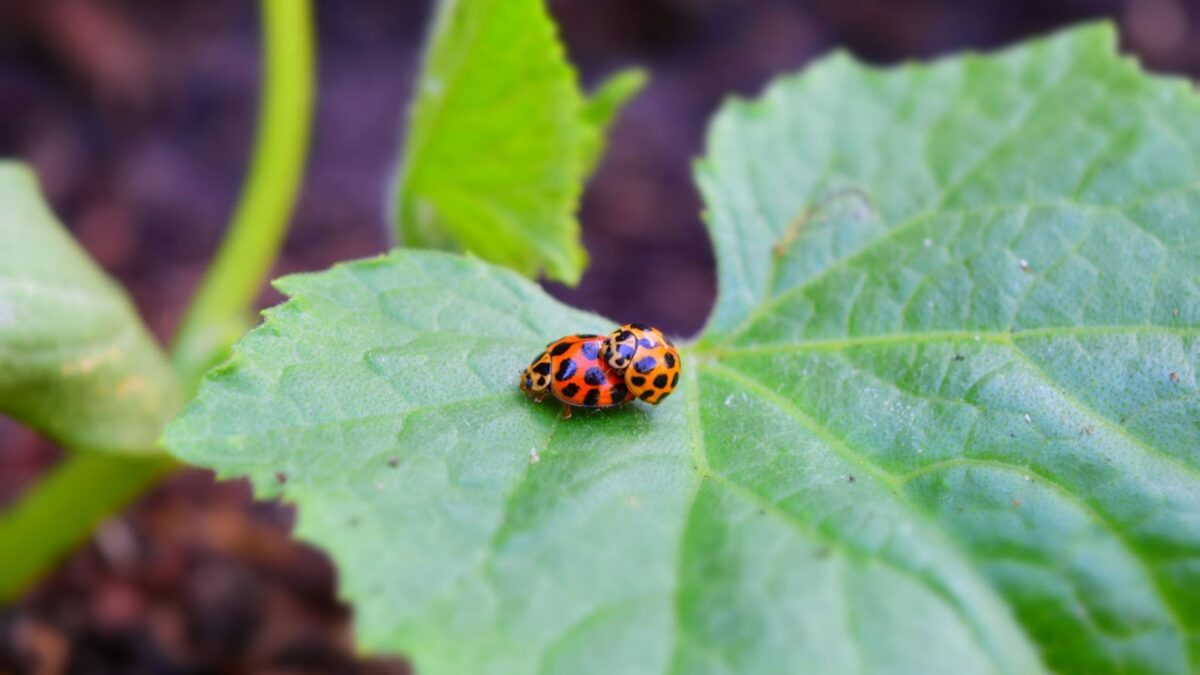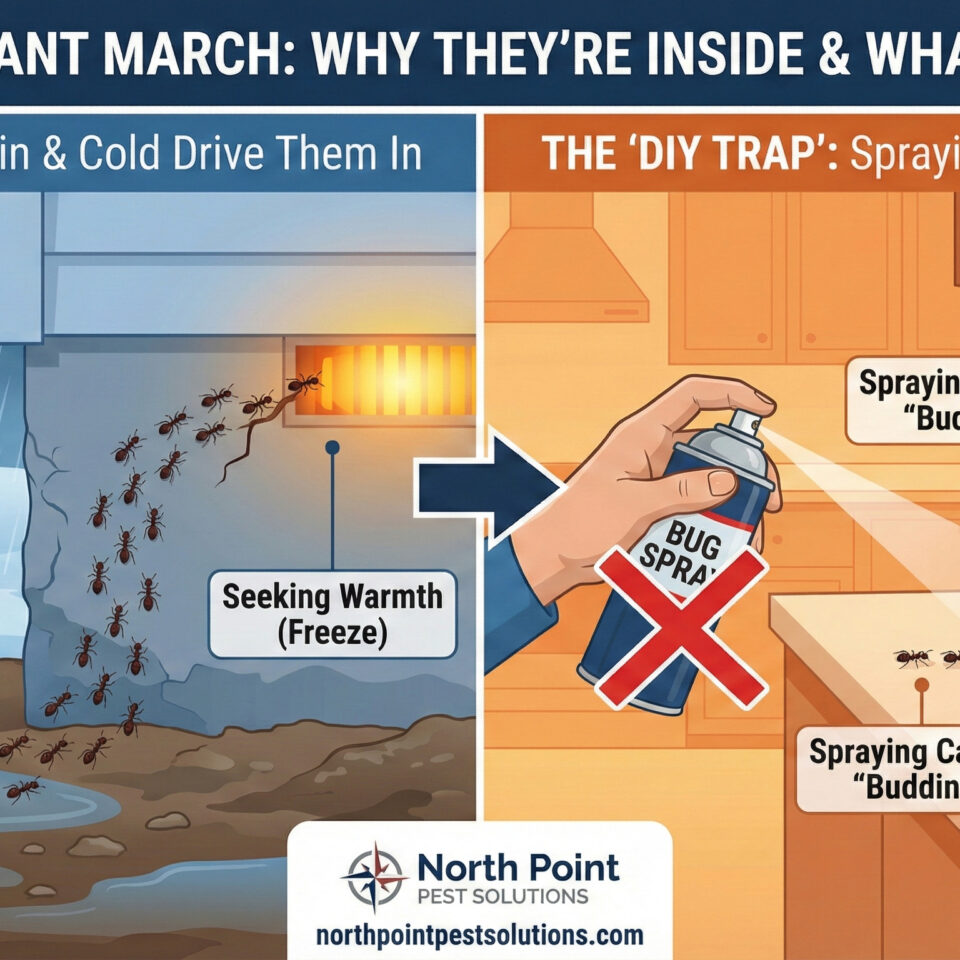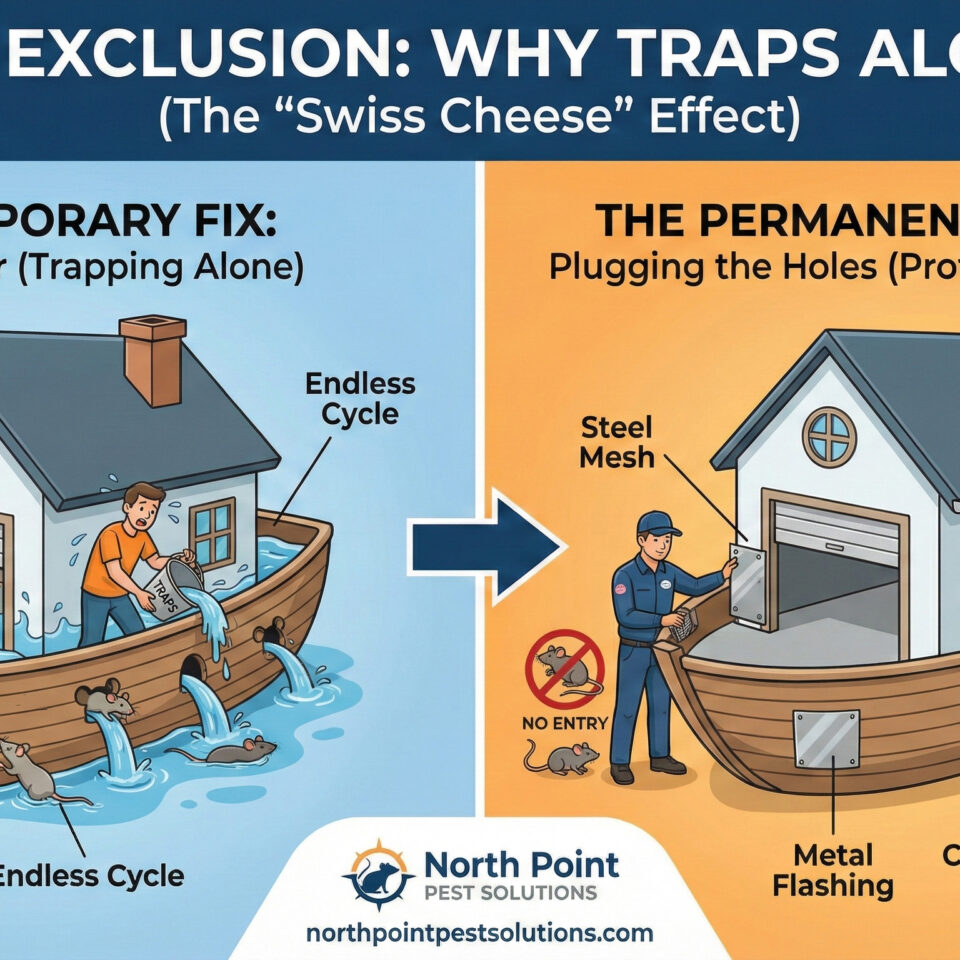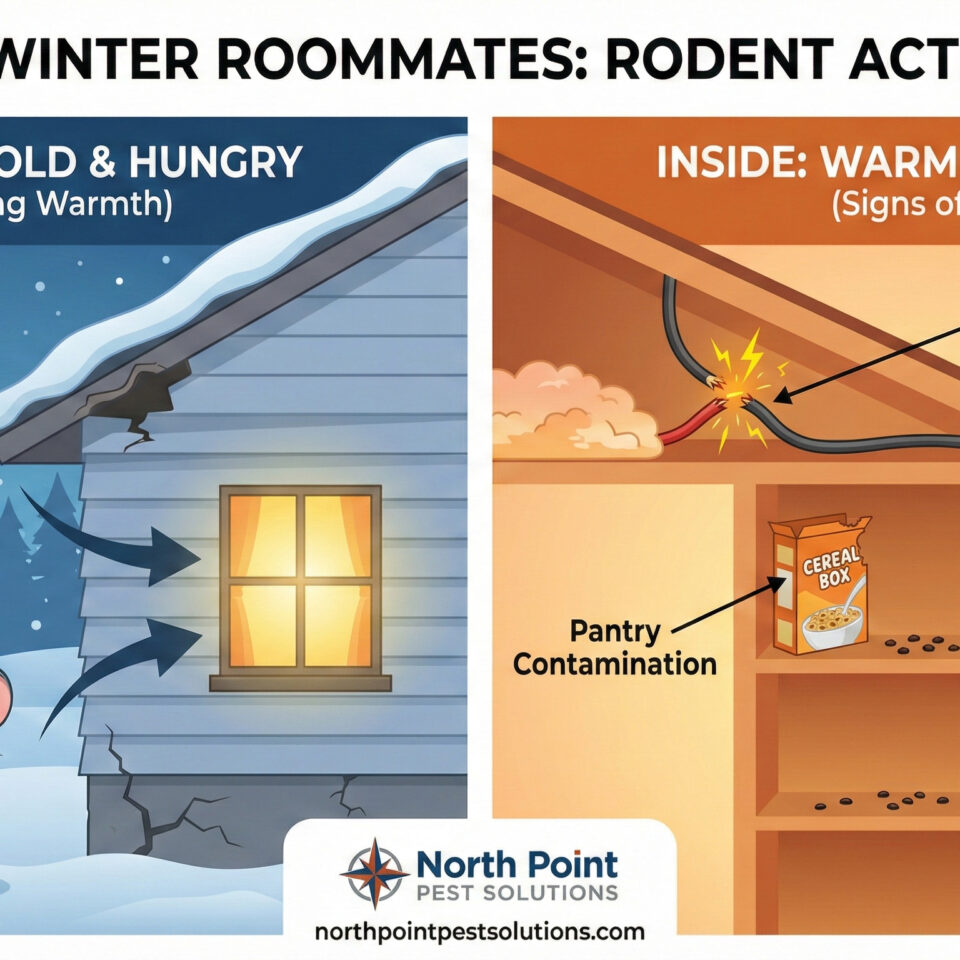Gardening can be a labor of love. You spend hours carefully planting, watering, and nurturing your garden. Then, in what feels like an instant, pests can undo all your hard work.
Did you know insects damage an estimated 20% of the world’s crops annually? Unfortunately, home gardens are no exception, with Sonoma County’s beautiful landscapes often acting as an open invitation for pests.
But don’t worry! There’s a way to protect your garden without sacrificing its health or beauty.
This guide will explore the best garden insect repellents, offer tips on natural and physical barriers, and explain when to call expert garden pest control services like us at North Point Pest Solutions.
The Best Garden Insect Repellents
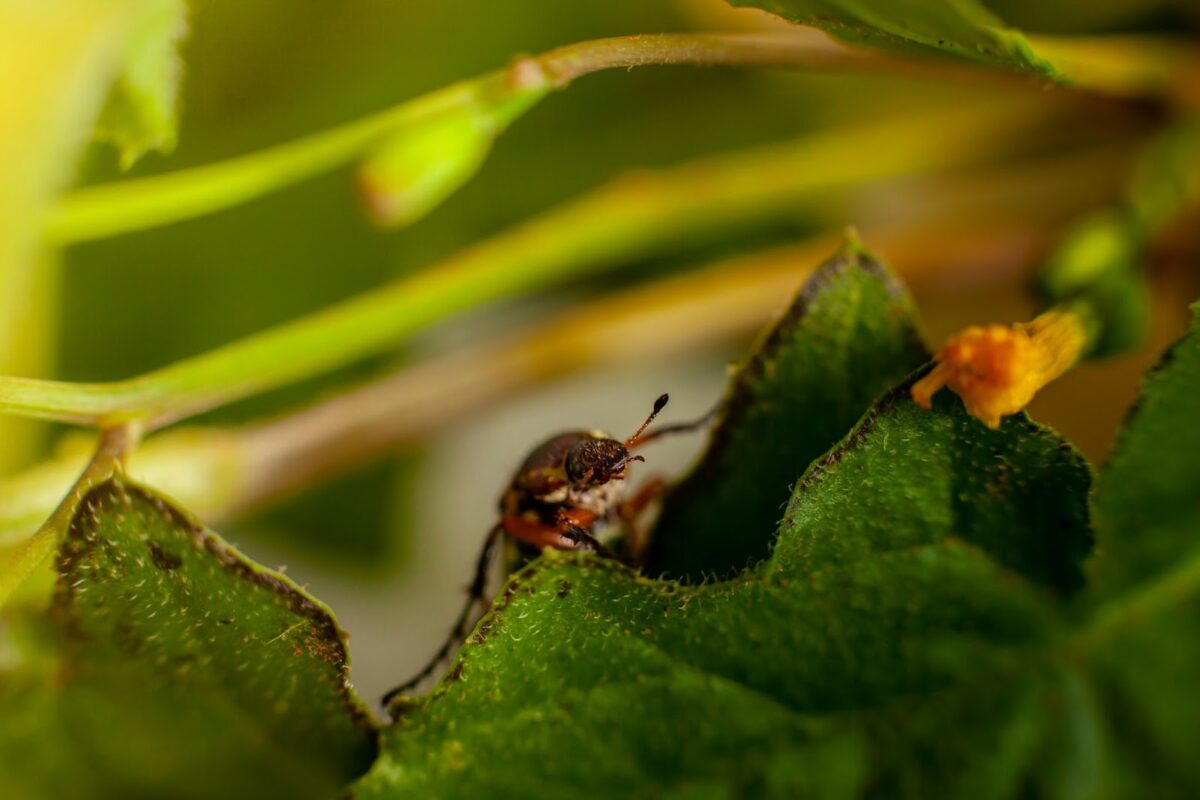
When protecting your garden against pests, the right insect repellent can make a huge difference. Here are some highly effective options to consider:
Neem Oil
This natural oil, derived from neem tree seeds, works as both a preventive measure and a treatment for existing pests by disrupting their hormonal systems. It’s safe for beneficial insects like bees when applied during non-active hours.
Garlic Spray
Garlic isn’t just for warding off vampires! Sprays made from garlic are an excellent organic option to deter aphids, caterpillars, and whiteflies.
Bonus? It’s easy to make at home. Simply crush a few cloves, steep them in warm water overnight, and strain into a spray bottle.
Pyrethrum-Based Sprays
Made from chrysanthemum flowers, these sprays are effective on pests such as beetles and caterpillars. However, be cautious, as pyrethrum may also affect beneficial insects if not applied correctly.
Peppermint Oil
Many bugs, such as ants and spiders, dislike strong scents. A mix of peppermint oil with water and a few drops of dish soap can work wonders for deterring garden pests.
Floating Row Covers
These fabric sheets physically block access to plants, protecting them from flying insects like cabbage moths and squash bugs.
Types of Insect Exclusion Barriers
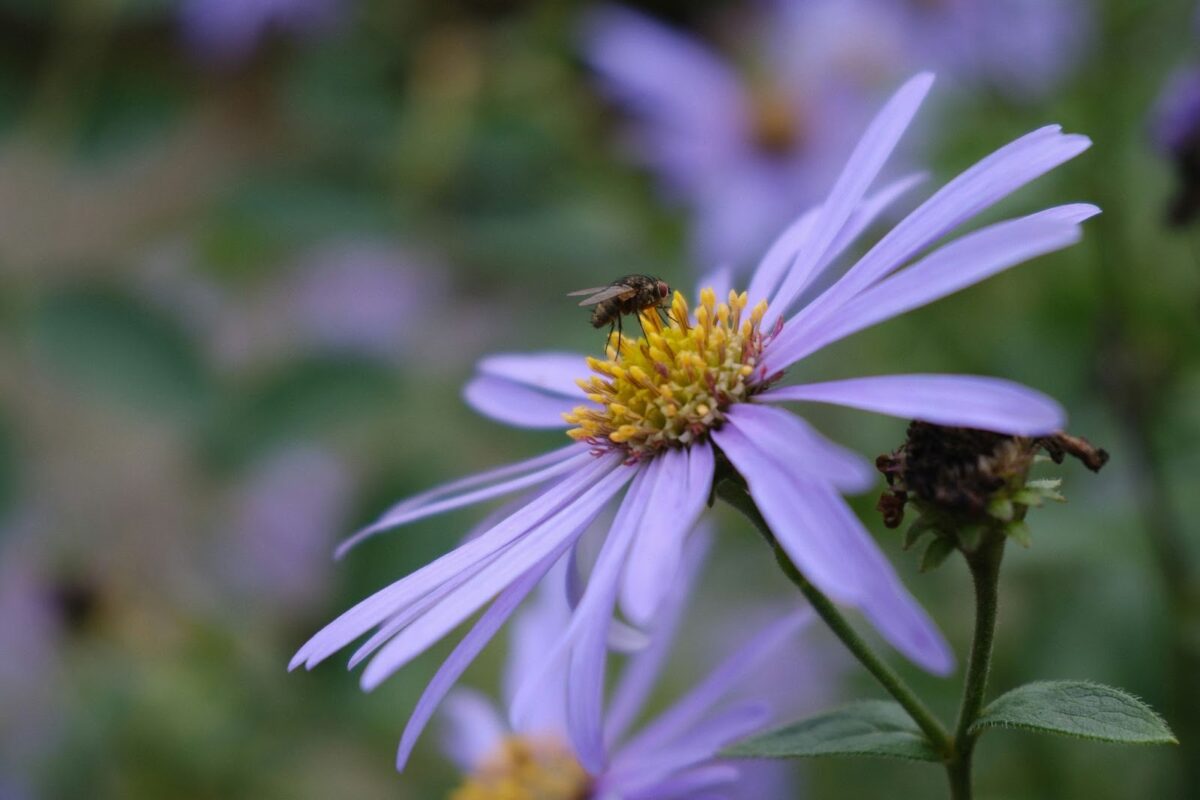
If you prefer physical protective measures, insect exclusion barriers might be just what you need. These are eco-friendly, durable methods that can prevent pests from damaging plants altogether.
- Netting or Mesh Barriers: Lightweight and easy to drape over plants, netting keeps out larger insects like beetles while allowing sunlight and water to pass through.
- Sticky Traps: Install yellow or blue sticky traps near vulnerable plants. These traps lure pests such as whiteflies or thrips and immobilize them.
- Copper Tape for Slugs and Snails: Wrapping copper tape around flowerpots and garden beds prevents slugs and snails from sliding into your plants. This simple trick is especially helpful in the damp, coastal climate of Sonoma County.
- Raised Beds with Screening: Building raised beds with screening or mesh underneath keeps pests like root maggots from invading your soil.
Other Natural Insect Repellents to Consider
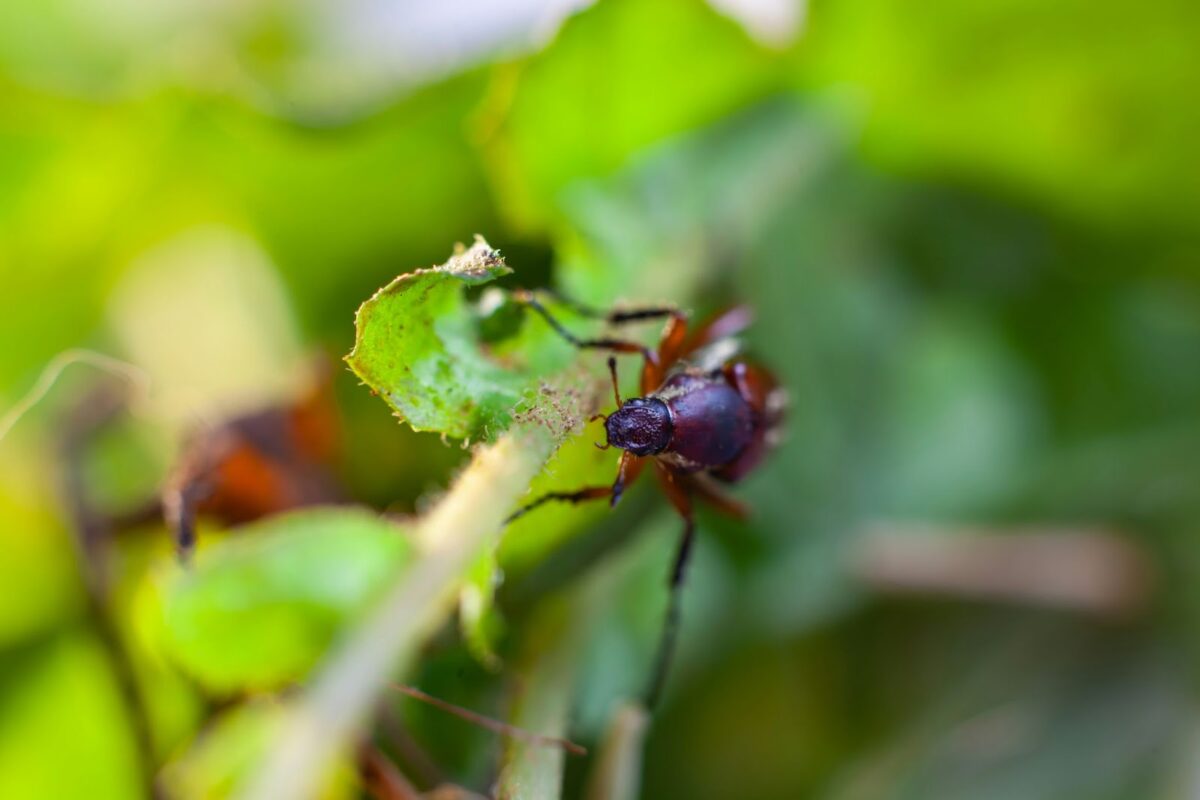
While exclusion barriers and sprays are excellent, here are a few natural additions that can help your garden thrive pest-free:
Companion Planting
Some plants naturally repel pests, making them great companions for vulnerable crops. For example, marigolds deter aphids and nematodes, while basil repels flies and mosquitoes.
Coffee Grounds
Sprinkling used coffee grounds around your plants not only enriches the soil but also deters slugs and ants.
Diatomaceous Earth
This natural powder, made from fossilized algae, dehydrates soft-bodied pests like slugs, fleas, and mites upon contact.
When to Call Garden Pest Control Services Near You
While DIY solutions and repellents can address many pest problems, some infestations require professional expertise.
So, when should you call in reinforcement?
If aphids, caterpillars, or other insects have overwhelmed your garden, professional help is the fastest way to regain control. Similarly, any persistent problems, no matter how many repellent sprays or traps you’ve tried, indicate a deeper issue with pest management that needs to be addressed.
Last but not least, if rare or expensive plants are at risk, such as fruit trees or exotic flowers, it’s worth protecting your investment through expert pest control services.
At North Point Pest Solutions, we specialize in effective, eco-friendly pest control solutions for gardeners in Sonoma County. With decades of experience and custom strategies for every situation, we’ve become the trusted partner of homeowners from Santa Rosa to Healdsburg.
Contact us today for a consultation. Your beautiful garden deserves the best care, and we’re here to help!
Did You Know?
A single aphid can reproduce up to 80 offspring per week under optimal conditions. This quick multiplication can lead to an infestation in no time, making early intervention crucial to protect your garden.
FAQ
Are natural insect repellents as effective as chemical options?
Yes, many natural repellents, such as neem oil or garlic sprays, work effectively without the environmental impact of chemicals. However, their success depends on consistent application and appropriate use for specific pests.
What are the best plants for companion planting?
Common examples include marigolds for aphids, basil for mosquitoes and whiteflies, and lavender for fleas and ticks.
How often should I reapply insect sprays?
Most sprays need to be applied every 7-10 days or after heavy rainfall for consistent results. Be sure to follow the instructions on the product label.
What pests should I worry about this season in Sonoma County?
Spring and summer in Sonoma County often see increased activity from aphids, caterpillars, and slugs. Monitoring your garden early can help prevent these pests from taking hold.



